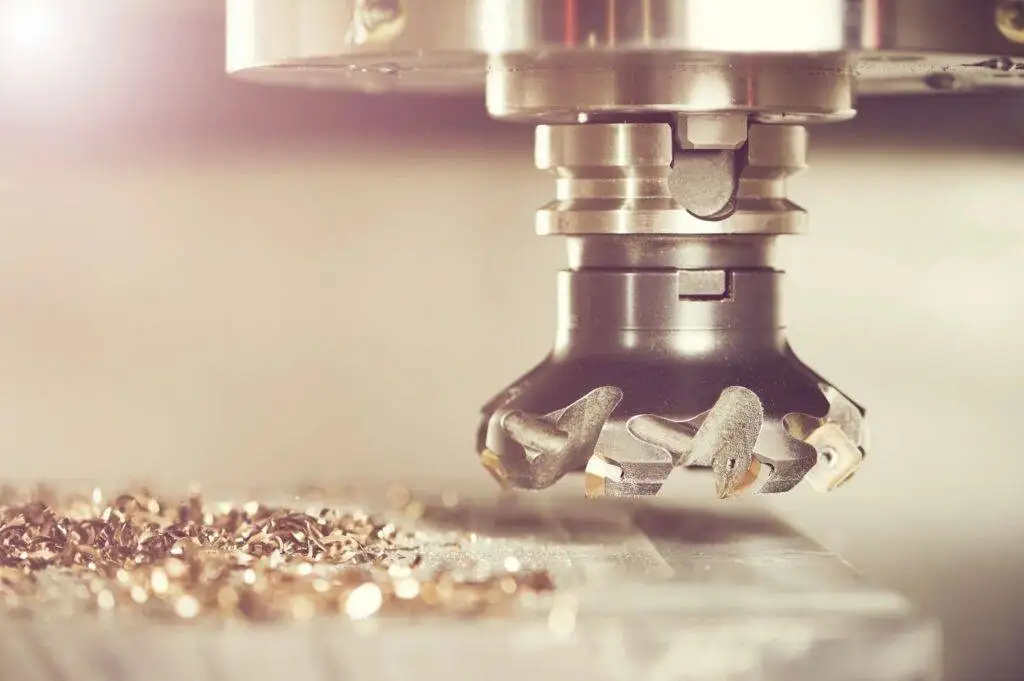CNC Machine
What is a CNC Machine
CNC stands for Computer Numerical Control. It refers to a computerized control system that operates machine tools or automated manufacturing processes. CNC technology utilizes pre-programmed software instructions to control the movement and operation of machines with high precision and accuracy.
In CNC systems, a computer program generates instructions, often in the form of G-code, which contains a series of commands that control the machine’s actions. These commands specify various parameters such as tool movement, speed, feed rate, and tool changes.
CNC machines are commonly used in manufacturing industries for tasks such as cutting, drilling, milling, turning, grinding, and more. They can work with various materials, including metals, plastics, wood, and composites. CNC technology has significantly improved the efficiency, precision, and versatility of machining processes, replacing traditional manual methods.
The main components of a CNC system include:
- Machine Tool: This refers to the physical machine, such as a lathe, milling machine, router, or laser cutter. The machine tool is responsible for performing the required machining operations based on the instructions received from the CNC system.
- Controller: The controller serves as the brain of the CNC system. It receives the program instructions, interprets them, and controls the machine tool’s movements and operations accordingly. The controller may consist of a dedicated computer or a specialized CNC controller unit.
- Software: CNC systems rely on software programs to generate the instructions for the machine tool. Computer-Aided Design (CAD) software is often used to design the part or component, while Computer-Aided Manufacturing (CAM) software generates the toolpaths and converts them into machine-readable code.
- Servo Motors and Drives: These components provide the mechanical motion to drive the machine tool. Servo motors receive signals from the controller and convert them into precise movements, ensuring accurate positioning and control.
- CNC technology offers several advantages, including increased precision, productivity, and automation. It allows for the production of complex parts with tight tolerances, eliminates the risk of human error, enables rapid prototyping, and enhances overall manufacturing efficiency.
- CNC machines have revolutionized industries ranging from automotive and aerospace to electronics and healthcare by providing precise, efficient, and customizable manufacturing capabilities.

